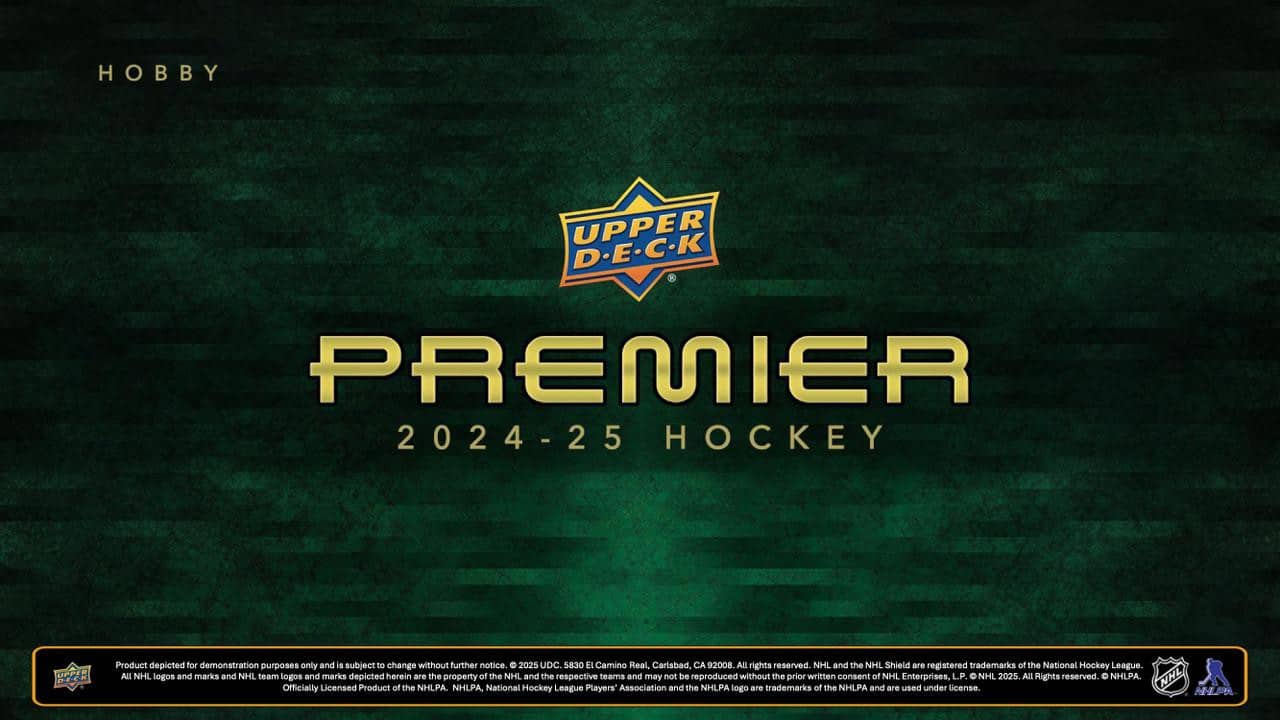

Some alert collectors have noticed that sports card auction house PWCC has been advertising some of its cards as having had their grade reviewed by PSA. If you know the story of PWCC’s connection to PSA, this raises all sorts of red flags. If not, read on, and we will explain everything.
To understand the significance of PWCC’s practice, we need to go back to the biggest scandal ever to plague the hobby.
Starting in the 1990s, the FBI followed severe fraud in the sports memorabilia industry. It began with an operation by the Chicago branch of the Bureau, which they (quite cleverly, you have to admit) named Operation Foul Ball.
The FBI soon realized this was a national problem. Enter Operation Bullpen.
The FBI opened a front sports memorabilia company: the Nihon Trading Company of Oceanside, California. This maneuver put the investigators in contact with many of the most unscrupulous characters in the sports memorabilia industry.
The FBI mainly focused on autographs. However, the agency also found and arrested individuals involved in the card industry. That being said, the FBI official website notes that while “two counterfeiting card rings were also dismantled. The card portion of the industry is relatively unencumbered by fraud; these two rings are considered anomalies.”
One of those anomalies was PWCC.

Brent Huigens, CEO of PWCC Auctions, has long been suspected of knowingly selling altered cards.
In April 2019, Blowout Forums members noticed several notably altered vintage baseball cards in PSA slabs. After some incredibly impressive sleuthing, the members discovered that PWCC, an Oregon-based auction house, had submitted the vast majority of the cards.
PWCC, at first, refused to take the listing down. In a poorly worded statement, PWCC CEO Brent Huigens essentially admitted he was selling altered cards, saying they were “conserved.” You can see this interview on his ‘controversial’ definition of conservation. Huigens insists that as long as “there is no evidence of anything having been done to the card,” the card has been conserved.
Users traced the cards to alleged Long-Island card fraudster Gary Moser. According to repeated allegations, he has been systematically altering genuine sports cards. To be fair, we must add that Moser has never been prosecuted and that he denies all charges.
Nonetheless, members of Blowout Forums have brought a good deal of evidence that paints a picture of a genuine scam. The allegations have been substantial enough that accredited media outlets (such as Forbes and The Washington Post) have published them.
Moser would buy graded cards on PWCC and break them out of their slabs. The cards under his care allegedly underwent any combination of trimming, chemical brightening, and pressing for wrinkles.
He would then submit them to PSA to get better grades before consigning them to PWCC. He has made hundreds of thousands of Dollars through this method, and PWCC has taken a juicy cut.
We should note that many trimmers and card “refurbishment” experts consign cards at institutions like PWCC, to remove their names from the sale. Therefore, they are not always privy to these efforts.
We still do not know if PSA was in on this (more on that later), but for whatever reason, they did not catch hundreds of fraudulent cards submitted by Moser and sold on PWCC. PWCC is in no way the only company involved in this scandal. Many Moser cards have also popped up on Mile High Card Company and elsewhere.
The FBI received complaints from collectors and began an investigation that fell under the auspices of Operation Bullpen. In July 2019, the Federal agency subpoenaed PWCC.
As the FBI into Moser, PWCC, and PSA, all parties involved began to fear prosecution. Therefore, the two companies announced they were cooperating with law enforcement.
PWCC released a statement throwing Moser under the bus and absolving themselves: “We are obviously very aware of the issues surrounding the cards submitted to us by Gary Moser. We understand that we are responsible for our part in this mess and will do all that we can to make it right in connection with Moser-submitted cards as well as other submitters who may have altered cards of which we auctioned.”
PWCC strenuously denied knowledge of Moser’s antics. However, there is overwhelming evidence that they are lying. It appears that PWCC CEO Brent Huigens knew about and profited from Moser’s alleged fraudulent activities.
The FBI does not divulge details of their investigations. To the best of our knowledge, it seems that assurances from PWCC and PSA that they are cooperating with law enforcement made them drop the investigation.
It appears that PWCC is back at it. Take a look at this listing for a 2000 Pacific Crown Royale RC. It is a PSA 10.
The members of the Blowout Forum have raised questions about its authenticity. Not coincidentally, these are the same members that broke the scandal in 2019. They are part of the self-proclaimed (but highly efficient) Blowout Detective Agency (BODA).
One member of BODA, 3124508 on COMC, posted this gif comparing the Brady card sold on PWCC with an unaltered one.

Instead of taking down the listing, PWCC put the following disclaimer on it. “Be advised that this item was previously listed for sale and a question was raised regarding the accuracy of the professional grade. This item was subsequently re-submitted to PSA for their technical review. Upon review, PSA confirmed that the grade is in conformity with PSA’s current grading standards. The item is now being presented again on the marketplace.”
In other words, PWCC is claiming that they had the cards reviewed by PSA AFTER the scandal broke.
But that was not the only card allegedly subjected to this process. Another example is a 1948 Leaf Dom Dimaggio card for sale as a PSA 7. The card looks suspiciously well cut even to the naked and untrained eye. However, it is even more remarkable for a series known for its centering problems and problematic color alignment. There are only three 7’s and nothing above an 8 for this card.
Indeed, according to Blowout Forums member 3124508 on COMC, it was sold in 2013 as an SGC 3 card. Then reappeared on PWCC in its altered form in 2015. In 2021, PWCC asked for $17,500 for a card that sold for $358.50 in its unaltered form.
The card was eventually removed under pressure. After the post received a good deal of traction, the post was removed, and the offending card was presumably returned to the PWCC vault. You can find several other examples on the Blowout Cards Forums as well as on the Net54baseball Vintage forums.

The Brady card as it appears on the PWCC website.
What PWCC is doing is pretty clear. If the good folks at BODA are correct (and they certainly have receipts), the company is taking trimmed cards that remain in their stock before the scandal broke and is now selling them. They believe they have found some sort of legal loophole in their cooperation agreement with the FBI. My strong gut feeling is that they haven’t, and this will come back to haunt them.
While most people refer to PSA as a grading company, authentication is an equally important part of their job. PSA grading is a three-step process: authentication, grading, encapsulation. According to the PSA website, authentication means “A series of PSA graders review your cards for authenticity. If genuine, PSA looks for evidence of doctoring, such as re-coloring or trimming.” Therefore, when a card has been trimmed or altered in any other way, it is the grader’s job to detect it.
Hundreds of trimmed cards graded by PSA, and the other major grading companies, were sold at inflated prices on PWCC. With that in mind, it is no surprise that many collectors believe PSA was in on the card-trimming scandal. Many also believe it continues to help dishonest auctioneers take advantage of collectors.
PSA received mass submissions from PWCC and others, filled with altered cards. Considering that they are considered the leaders in authentication, many users have difficulty believing they are not in on the scam. Look at this video to get an idea of how jaw-dropping some of these PSA oversights are.
We know that this all sounds a bit like one of those lousy conspiracy movies where the plot goes “all the way to the top.” However, PSA has a lot to answer for in this scandal.

The claim that the Brady card as a grade reviewed by PSA.
The short answer is we don’t know. PSA has zealously avoided commenting on this scandal.
So far, there is only circumstantial evidence of PSA involvement. We did a brief check and found that when the Dom Dimaggio card sold in 2018, it was in the same slab. This seems to hold for all of the known Moser altered cards.
The scandal broke the following year. Therefore, there is no evidence that PSA continued to grade PWCC trimmed cards following the scandal. Their SMR Magazine stopped featuring ads for PWCC on their pages. However, we don’t know whether PSA stopped accepting advertisements or PWCC stopped placing the ads.
Nonetheless, if they are reviewing PWCC cards and legitimizing their practices, PSA has no excuse. PWCC has an alleged history of acting in bad faith, and PSA knows that.
Do not buy cards from PWCC. We cannot stress this enough. If there was doubt in the past that unscrupulous sellers had duped them, there is no doubt at this point. They are bad actors.
We tend to think of scammers as shady people on the margins of the hobby. However, the sale of trimmed cards had become such a severe problem that the FBI invested considerable human resources into the investigation. After being subpoenaed, PWCC announced it was cooperating with the Feds to bring the scandal to an equitable conclusion.
PWCC refunded buyers. The company appeared to be on the straight and narrow. However, if these reports are true, PWCC is simply an untrustworthy repeat offender.
Even before the massive boom of the last year, sports cards were a big-money business. It attracts some incredibly untrustworthy individuals, and they may be present in any company. So stay alert and rely on the resources provided by your fellow collectors.
Ripping the new Topps All Star Game mega box.
Is this new sports card store the BEST VALUE around?
I Tested eBay Auction Promotions So You Don’t Have To!
I deep-dove on Fanatics Collect so you don't have to (but should you?)
Panini is launching a WNBA Product at $30,000!?
Topps Chrome 2024-25 Basketball: Honest Review and Notes
Did you know this SECRET about PSA slabs? #sportscard #tcg
5 EASY tips to make more money on eBay sports cards.
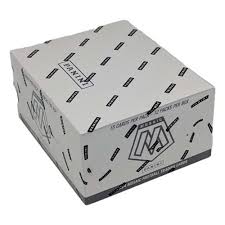
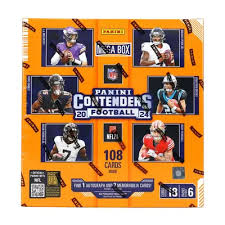
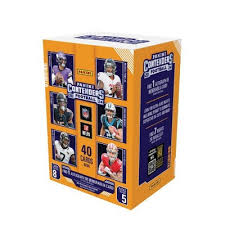
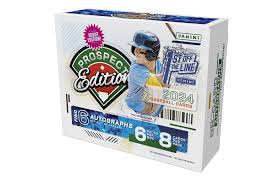
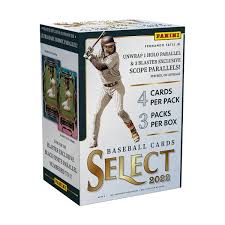
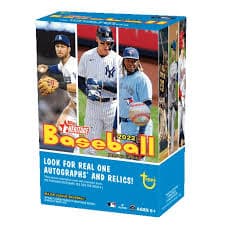
2022 Topps Heritage Baseball Blaster Box Configuration: 7 Packs per Box – 9 Cards per Box. Plus 1 extra pack.
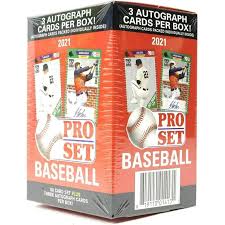
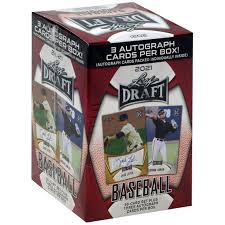
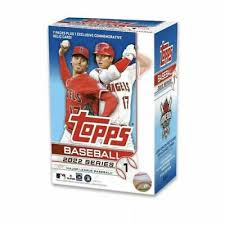
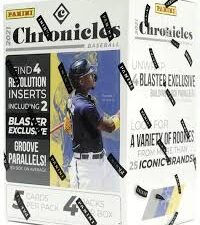
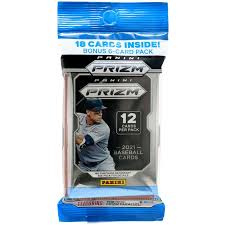
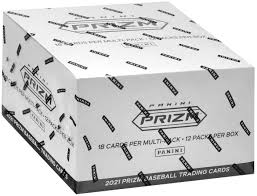

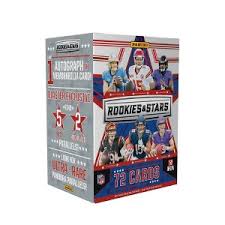
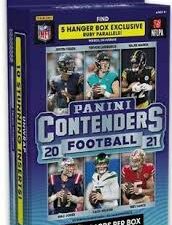
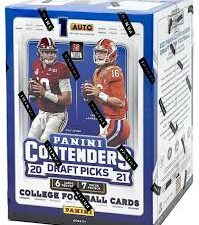
Keep up on breaking Sports Card News, our latest articles, product specials and exclusive content with expert analysis of hobby trends.

© Copyright 2025 - All rights reserved Cardlines.com / Media Techs LLC - Sports Card News, Reviews, Releases and BREAKS - #thehobby.
Important: When you click on links to various merchants on this site and make a purchase, this can result in this site earning a commission. Affiliate programs and affiliations include, but are not limited to, the eBay Partner Network.
2025 Topps All Star Game Mega Box Product Review
Cardlines 24 hours ago